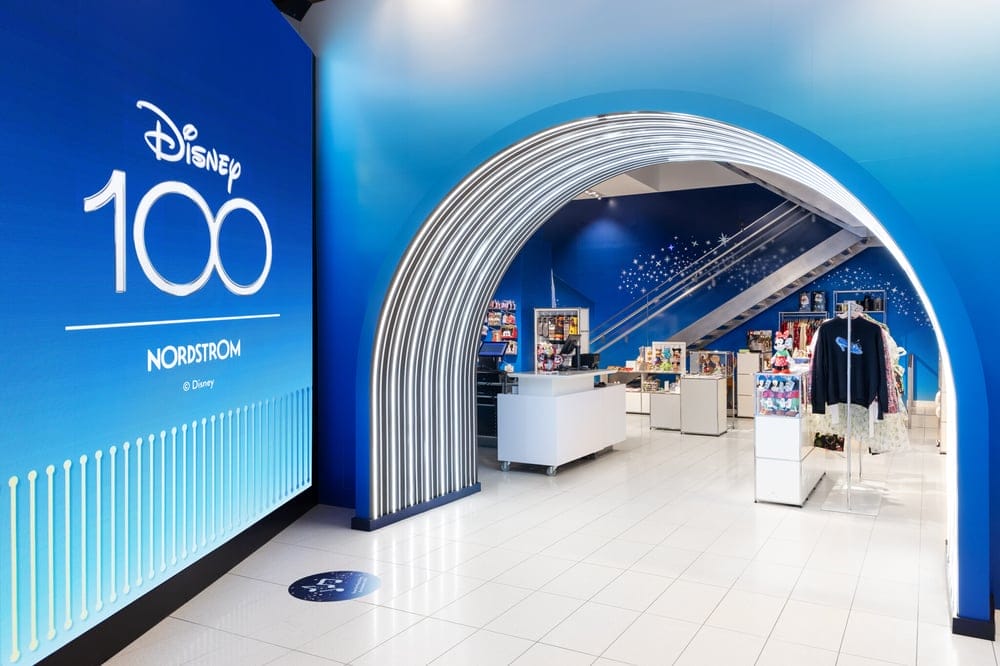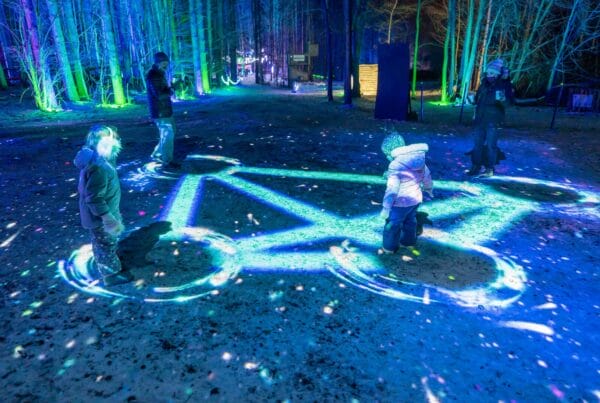Brands are constantly seeking the winning formula to capture the hearts and wallets of consumers. Gone are the days when product features and price tags alone dictated purchasing decisions. Instead, we find ourselves immersed in what economists have dubbed the “Experience Economy,” where the quality of the customer experience reigns supreme.
But what exactly is the Experience Economy, and why does it matter?
At its core, the Experience Economy revolves around the idea that consumers are not just buying products or services; they are seeking memorable and emotionally resonant experiences. Whether it’s enjoying a cup of coffee at a cozy cafe, attending a live concert, or indulging in a personalized shopping experience, today’s consumers crave more than just the transactional aspect of purchasing. They want to feel valued, engaged, and connected on a deeper level.
The shift towards prioritizing experiences over products and price can be attributed to several key factors:
Emotional Connection: Unlike material possessions that can lose their appeal over time, experiences have the power to evoke emotions and create lasting memories. These emotional connections foster loyalty and advocacy, turning customers into brand ambassadors who willingly spread the word about their positive experiences.
Social Currency: In the age of social media, experiences are inherently shareable. Consumers love to document their adventures and share them with friends and followers online. This not only amplifies the reach of the experience but also enhances its perceived value. A memorable experience becomes a status symbol, signaling one’s taste, lifestyle, and social identity.
Personalization: In a world inundated with options, personalized experiences stand out. From tailored recommendations based on past behavior to customized products that reflect individual preferences, businesses that prioritize personalization demonstrate a deeper understanding of their customers’ needs and desires.
Escapism and Self-Expression: Experiences offer a form of escapism from the routine of everyday life. Whether it’s immersing oneself in a virtual reality adventure or exploring a new destination, experiences allow consumers to express their creativity, curiosity, and sense of adventure.
So, how can brands adapt their strategies to thrive in this experience-driven market?
Invest in Customer Experience: Make customer experience a top priority across all touchpoints, from pre-purchase interactions to post-purchase support. Train your staff to deliver exceptional service, personalize interactions whenever possible, and actively seek feedback to continuously improve the customer journey.
Create Memorable Moments: Look for opportunities to surprise and delight your customers. Whether it’s through exclusive events, limited-edition releases, or unexpected gestures of appreciation, memorable moments leave a lasting impression and foster loyalty.
Harness the Power of Storytelling: Use storytelling to convey the value and meaning behind your brand. Share the stories of your customers, employees, and community to create an emotional connection that resonates with your target audience.
Embrace Technology: Partner with a brand activation agency to enhance the customer experience. Whether it’s through an interactive experience, immersive environment, or AI-powered personalization, technology can enable you to deliver seamless and memorable experiences that differentiate your brand from the competition.
We are living in an Experience Economy where customer experience reigns supreme. By understanding the psychology behind this shift and adapting their strategies accordingly, brands can position themselves for success in today’s experience-driven market. Remember, in a world where products and prices can easily be replicated, it’s the quality of the experience that sets brands apart.














